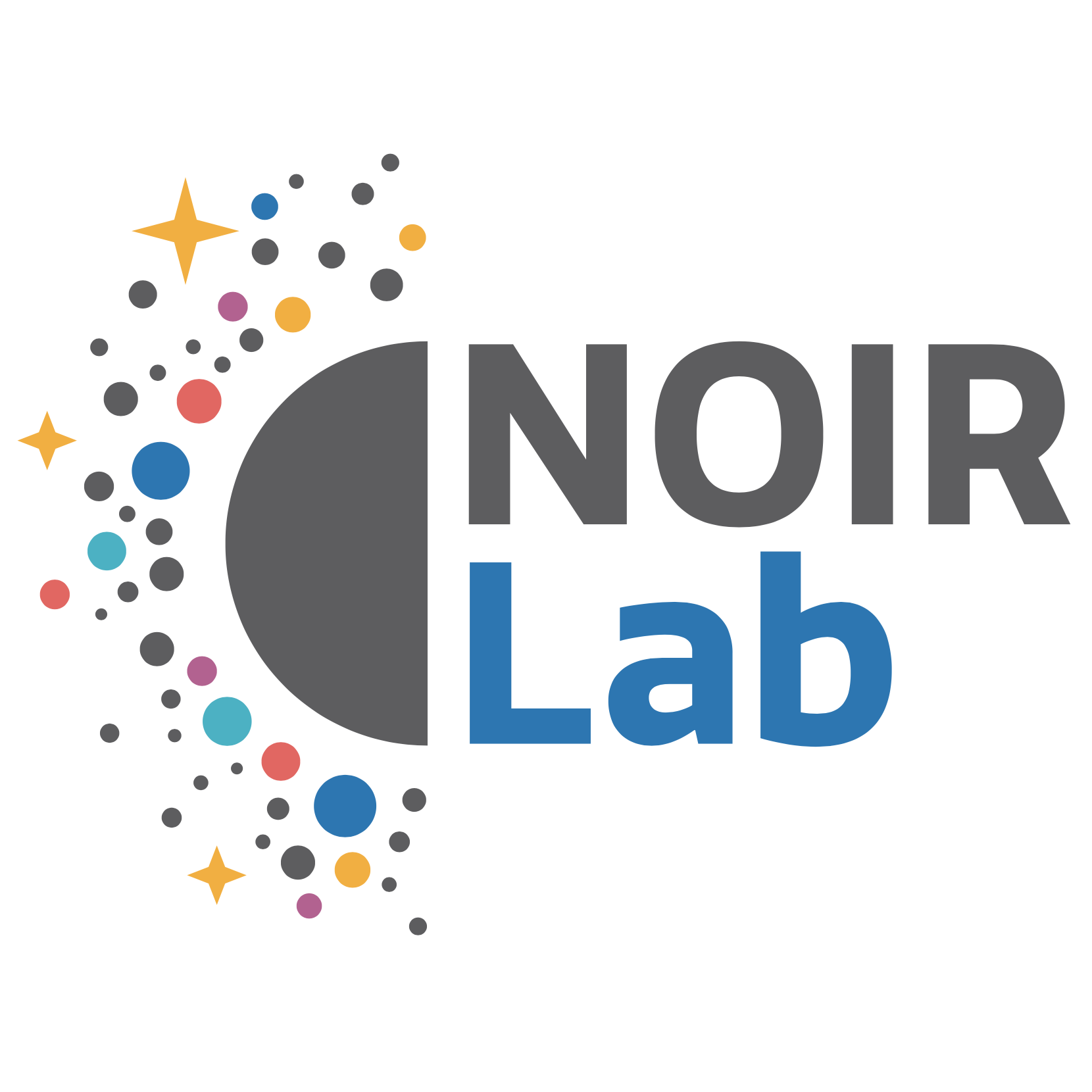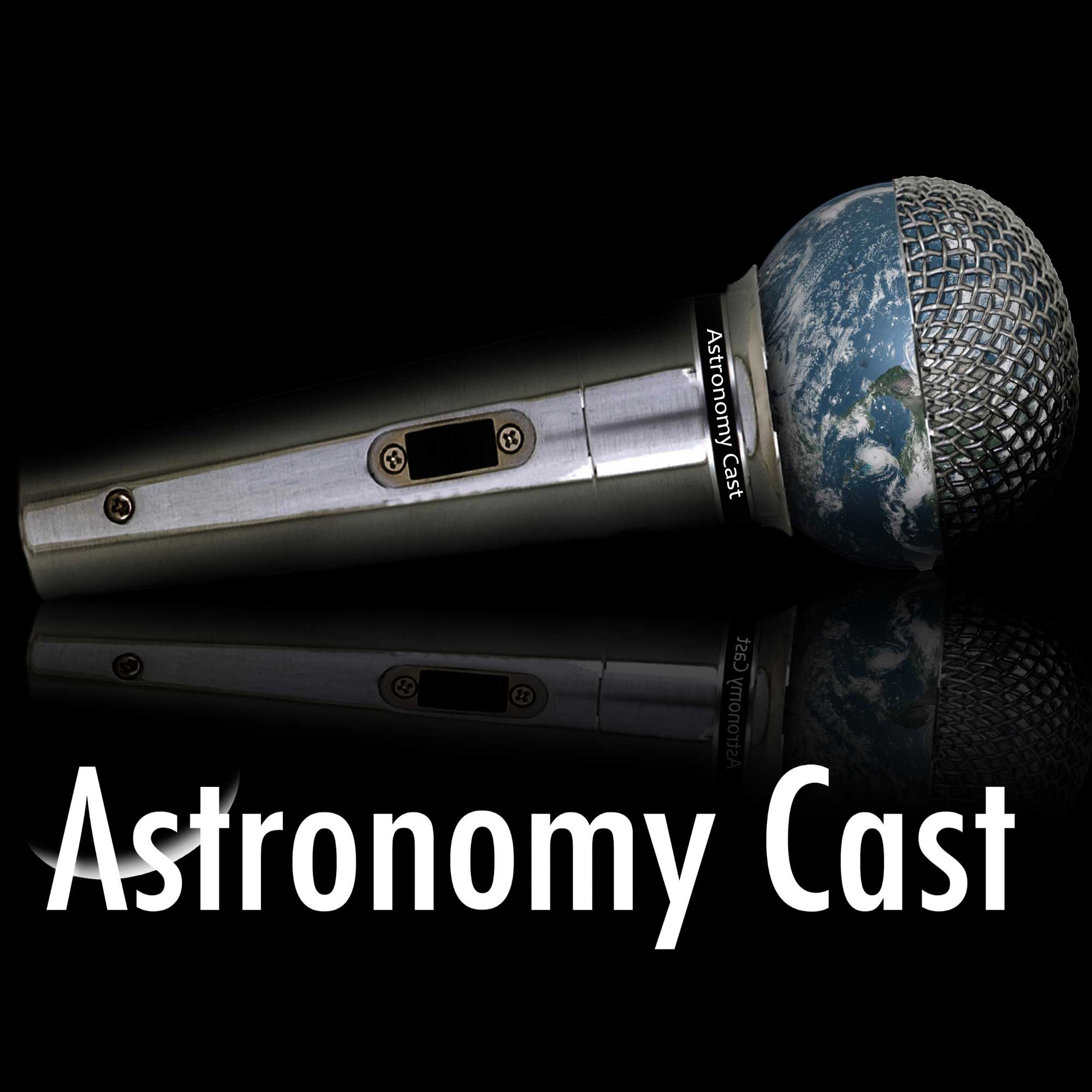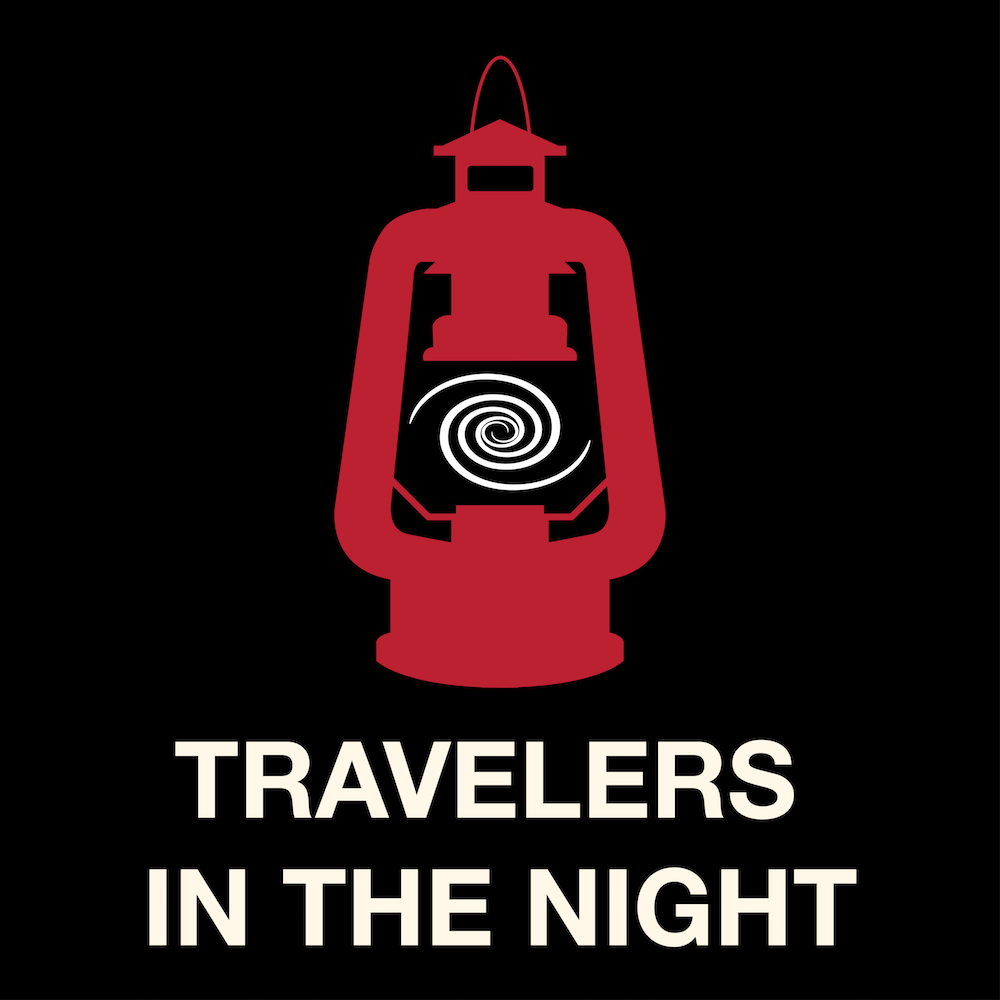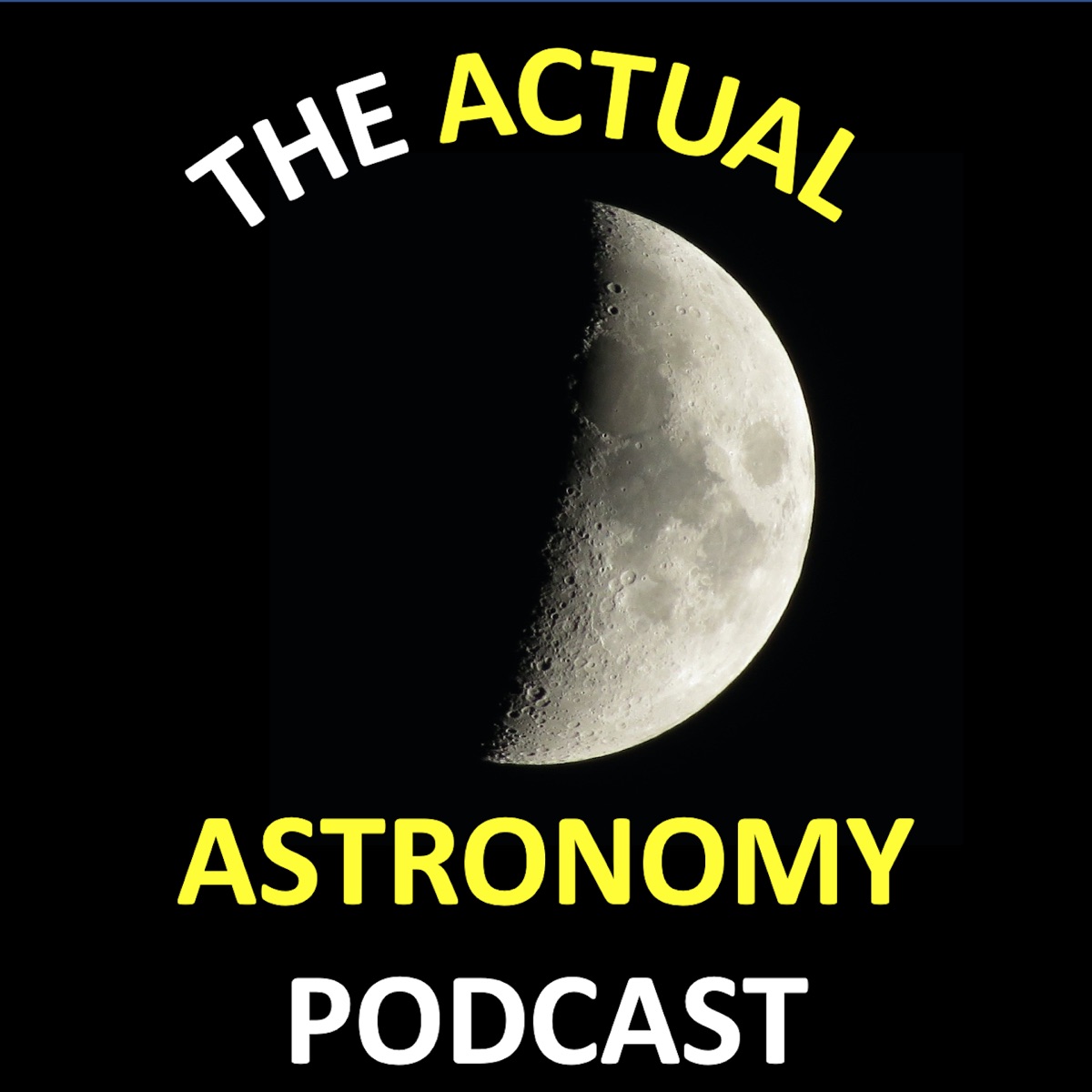NOIR Lab - Fast X-Ray Transients & The Deaths Of Massive Stars
Description
Since their first detection, powerful bursts of X-rays from distant galaxies, known as fast X-ray transients (FXTs), have mystified astronomers. FXTs have historically been elusive events, occurring at vast distances away from Earth and only lasting seconds to hours. Einstein Probe (EP), launched in 2024, is dedicated to observing transient events in the X-ray and is changing the game for astronomers looking to understand the origin of these exotic events. In this podcast, Dr. Robert Eyles-Ferris discusses a recent FXT and what it reveals about the deaths of massive stars.
Bios:
- Rob Sparks is in the Communications, Education and Engagement group at NSF’s NOIRLab in Tucson, Arizona.
- Dr. Rob Eyles-Ferris is a research associate at the University of Leicester who works on high energy transients to understand the largest explosions in the universe. His particular research interests include tidal disruption events, fast X-ray transients and gamma-ray bursts.
Links:
NOIRLab press release
University of Leicester press release
Northwestern press release
NOIRLab social media channels can be found at:
https://www.facebook.com/NOIRLabAstro
https://twitter.com/NOIRLabAstro
https://www.instagram.com/noirlabastro/
https://www.youtube.com/noirlabastro
We've added a new way to donate to 365 Days of Astronomy to support editing, hosting, and production costs.
Just visit: https://www.patreon.com/365DaysOfAstronomy and donate as much as you can!
Share the podcast with your friends and send the Patreon link to them too!
Every bit helps! Thank you!
------------------------------------
Do go visit http://www.redbubble.com/people/CosmoQuestX/shop for cool Astronomy Cast and CosmoQuest t-shirts, coffee mugs and other awesomeness!
http://cosmoquest.org/Donate This show is made possible through your donations.
Thank you! (Haven't donated? It's not too late! Just click!)
------------------------------------
The 365 Days of Astronomy Podcast is produced by the Planetary Science Institute. http://www.psi.edu
Visit us on the web at 365DaysOfAstronomy.org or email us at info@365DaysOfAstronomy.org.





















